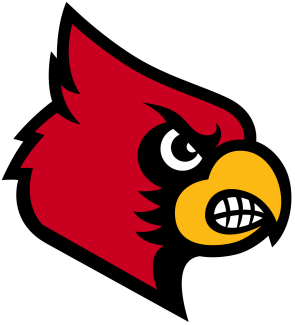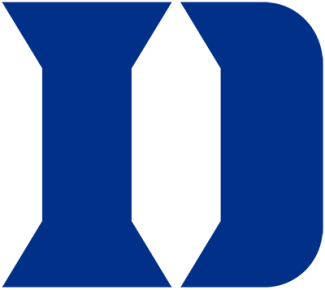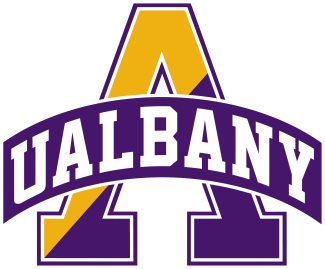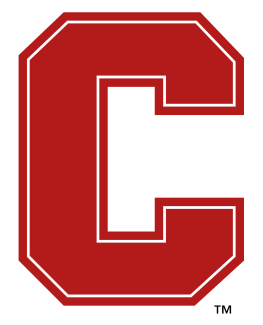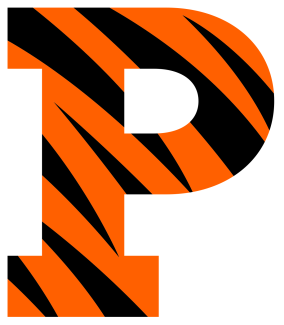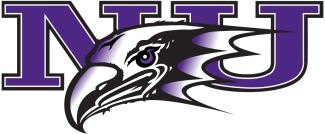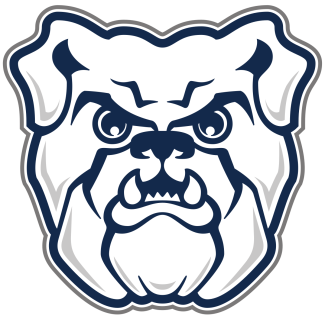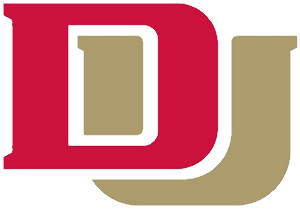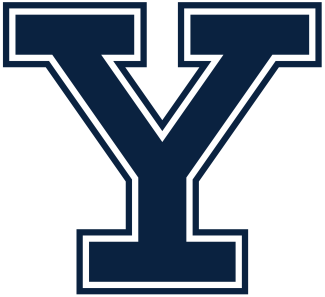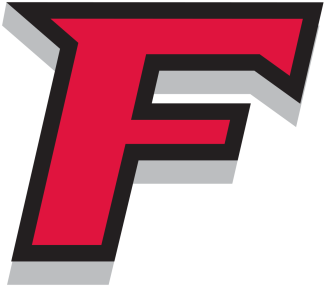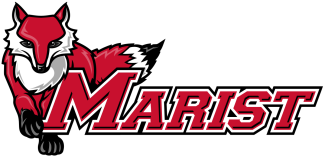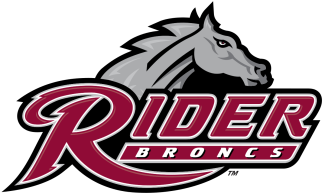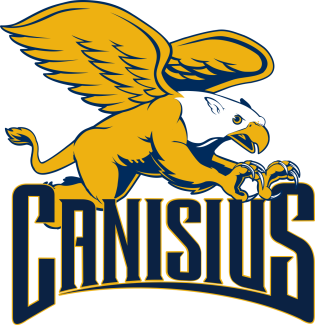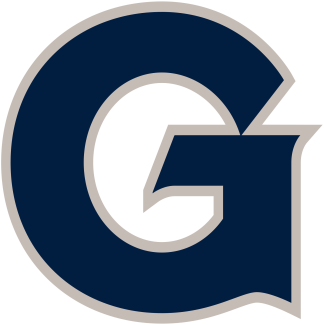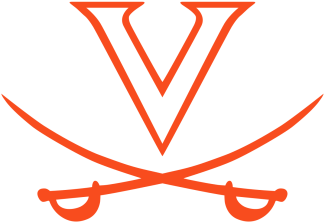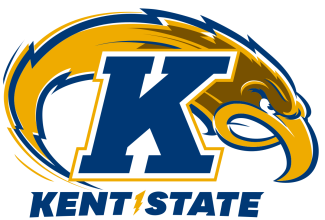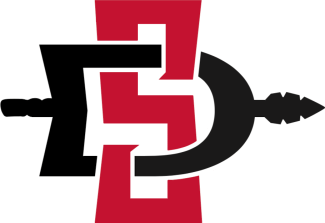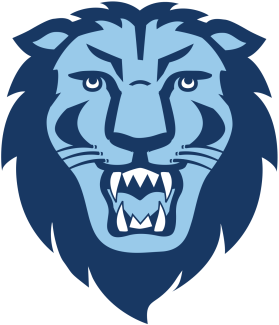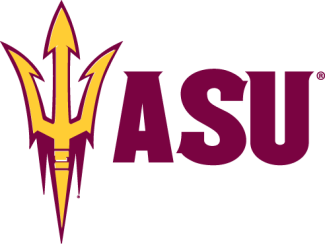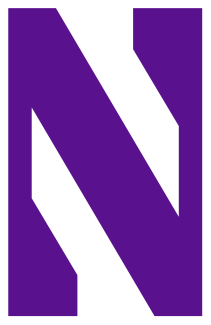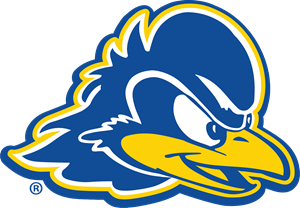Many of the PLL’s head coaches have coached at the collegiate level. What we don’t see much of, however, is coaches from Division I powerhouses (think Maryland, Johns Hopkins or Duke) coaching professionally. Many that have collegiate coaching experience came from a mid-major program or, in the case of Cannons LC’s Sean Quirk or Redwoods LC’s Nat St. Laurent, Division III.
Quirk, who coached at Endicott College, said being in Division III helped him develop an “underdog” attitude that drives him as a head coach professionally.
“When you come from a Division III school like myself and a D-II/D-III athlete at Springfield, you look at yourself inward as a little bit of an underdog,” he said. “I thrive off of failing, hitting adversity walls, making sure I don’t hit those points again. Mentally I get so dialed in to what I’m doing to succeed.”
St. Laurent, who from 2016-20 earned a .667 winning percentage at Ohio Northern University, said another reason more coaches from perennial NCAA Division I championship contenders don’t also coach professionally is a more practical one.
“Some schools don’t allow them to do that,” he said. “I know, personally, I’ve been offered big-time Division I assistant coaching offers, but they told me I’d have to step down from the PLL, and I wasn’t prepared to do that.”
It isn’t a necessity to have played professionally, but it does have its advantages.
“The fact I did it for 15 years gives me a unique perspective for what it takes for the guys to be successful,” said Tim Soudan, who played for MLL’s Rochester Rattlers and as well as in the Major Indoor Lacrosse League, which eventually became the National Lacrosse League. “There are some coaches in the PLL that have a unique understanding of what it takes to have a job, work 40 hours and go play on the weekend. I don’t put pressure on them where there doesn’t need to be pressure.”
Towers and Atlas LC’s Ben Rubeor also played in MLL, while Archers LC’s Chris Bates was Soudan’s teammate for several years in the MILL.
Rubeor said his past professional playing career helps him understand and appreciate his players.
“I know the effort it takes,” he said. “I know how much time and effort they put in on their own. I respect it. I try to coach with a little bit of gratitude. I know they’re sacrificing a lot of their personal lives to make this work and play at the highest level possible.”
In addition to coaching their teams, PLL coaches also serve as the team’s general manager.
While it is extra work, many coaches enjoy the additional role unique to professional lacrosse.
“I’ve fallen in love with it, maybe more so than coaching,” Waterdogs LC coach Andy Copelan, who formerly coached at Fairfield. “It gives you a reason to stay close to the college game. It gives you a reason to stay connected with the other PLL coaches because you’re constantly wheeling and dealing. We had a busy offseason. It’s been a lot of fun. The GM part is something I don’t know if I underestimated, but I’m enjoying it way more than I thought I would.”
Creating good working relationships with the other coaches is important to build rosters and improve teams.
“Although you want to keep your cards close to your vest at times, you have to be transparent, respectful, and honest with other coaches and GMs when dealing with player movement and trades,” Quirk said. “If you aren’t, it will catch up with you. Once one coach can’t trust you or believe in what you’re trying to deal, that circulates in a small league quick.”
Many PLL players are coaches themselves and have their own philosophies and approaches to the game. Collecting input from the players and giving them some ownership over what happens with the team can be beneficial.
“I don’t think it’s my way or the highway,” Bates said. “I’m smart enough to know there’s high-level experience guys in the room. My ears are always open. I’m asking guys opinions and trying to lean on what’s successful for them. If I came in with a single-minded way of doing things, if it didn’t go well, it wouldn’t last.”

